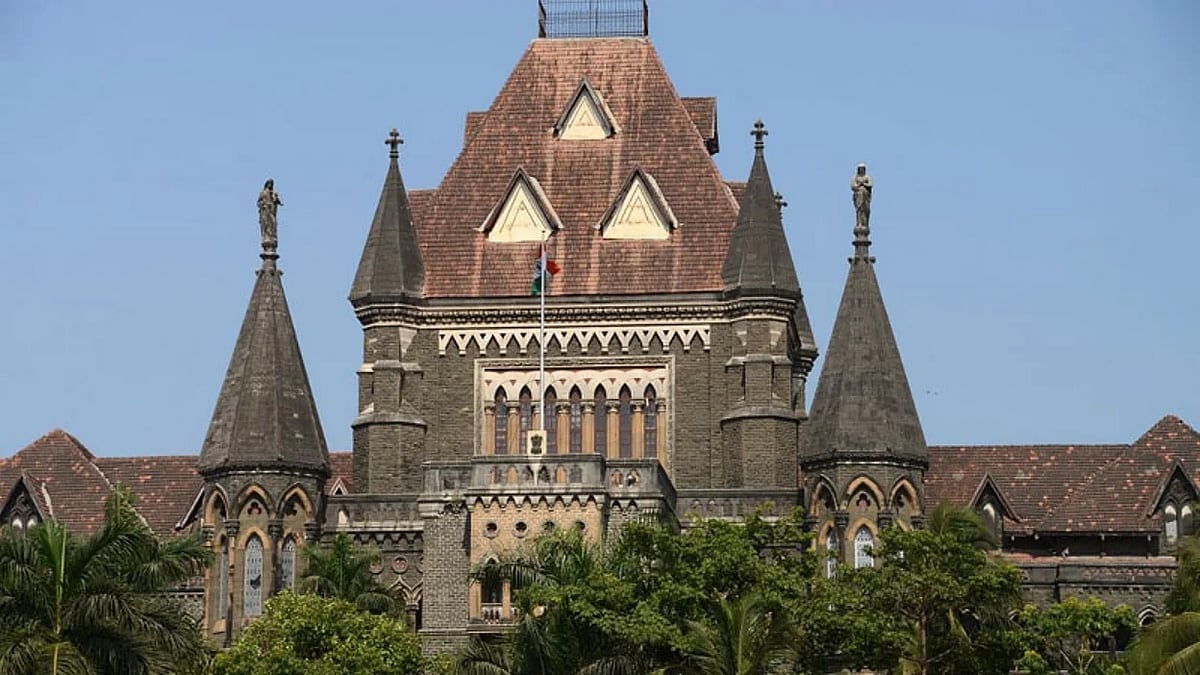Mumbai: In a significant win for consumer rights, the Bombay High Court has dismissed a petition filed by a builder who challenged an order of the National Consumer Disputes Redressal Commission (NCDRC) rejecting his delayed appeal.
The Court came down heavily on the builder, Samarth Constructions, observing that the delay was a “calculated risk” taken to defeat the rights of the consumer. The case revolved around alleged deficiency of service due to a delay in handing over possession of a flat.
A bench of Justices Girish Kulkarni and Advait Sethna, on Friday, upheld the NCDRC’s August 19, 2024, order that refused to condone a delay of 1,132 days in filing the builder’s appeal. The dispute arose from a complaint by a flat purchaser who had invested Rs 6.5 lakh in 2010-2011 in the builder’s project ‘Sainandan’ in Nashik. Despite an estimated 24-month completion period, the project was delayed indefinitely, prompting the homebuyer to approach the State Consumer Commission in 2016.
In July 2018, the State Commission directed the builder to refund Rs 11 lakh with 9% interest, along with Rs1 lakh for mental agony and Rs 20,000 towards litigation costs. The builder, however, filed an appeal only in September 2021 — over three years later — blaming the Covid-19 pandemic, internal changes in the partnership firm, and health issues of partners for the delay.
The Court found these explanations unconvincing. “We find that there is no explanation, much less justification by the petitioner to overcome the delay… as rightly observed by the National Commission,” the bench said.
Rejecting the builder’s claims that the respondent was not a “consumer” and had fabricated receipts, the judges termed these allegations “baseless” and “an afterthought.”
Crucially, the Court noted that the builder had been engaged in settlement talks with the buyer and only moved the appeal when those talks fell through. “The petitioners took a calculated risk adopting a wait and watch approach. The appeal… was filed when there was no alternative upon failure of settlement talks, with a clear intent to thwart the execution proceedings initiated by the respondent,” it said.
Stressing the intent behind the Consumer Protection Act, the Court observed, “The object and purpose of this statute makes it evident that it is a social welfare legislation where protection of consumer interest is paramount.”
Dismissing the petition, the Court concluded that the NCDRC had taken a “holistic view” and there was no reason to interfere with its well-reasoned order.
